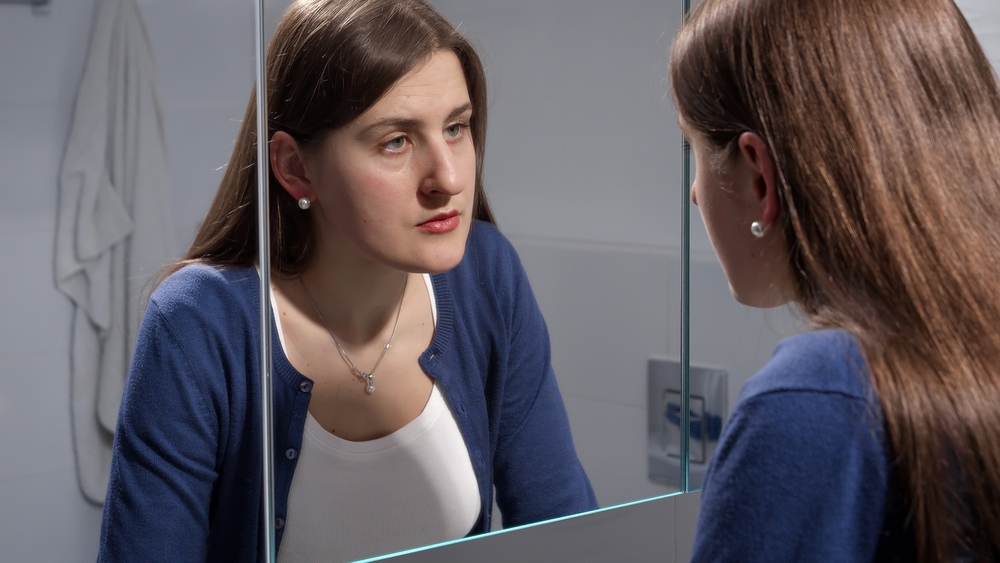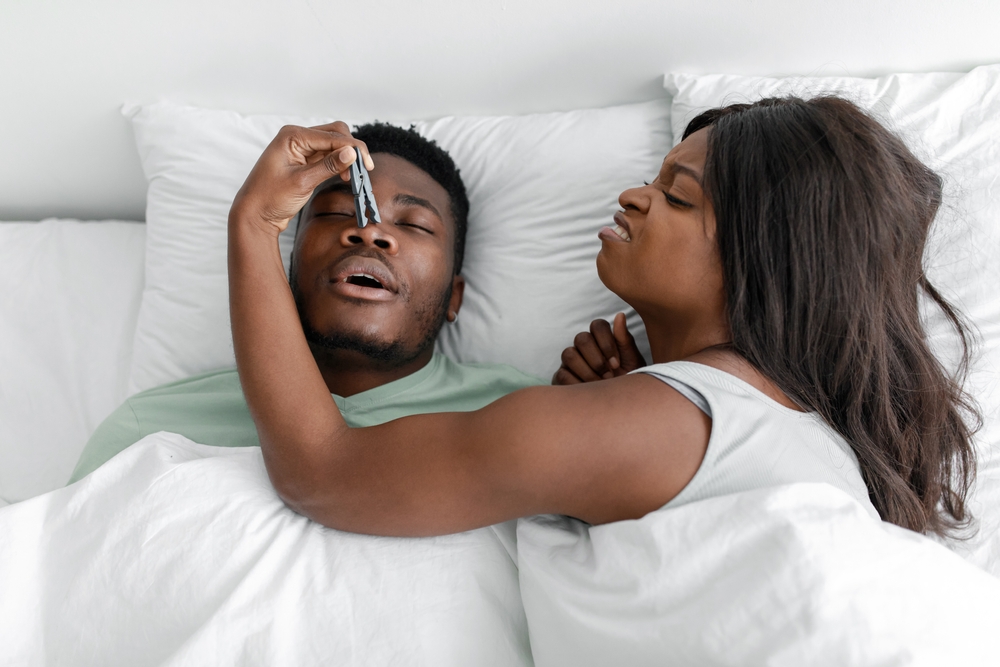Posted by: Maryland ENT in General
Do you snore frequently? Are you often sleepy? Snoring can disrupt peaceful nights and affect your and your partner’s sleep. If you snore often, feel sleepy regularly, or snore so loudly that it disturbs your partner’s slumber, there are ways to find relief. Keep reading to find out if coblation is an effective method of […]
Read
More
Posted by: Maryland ENT in General
Have you experienced a burning sensation after eating or a sour backwash in your throat? This can be a normal reaction, particularly after eating a large meal. But if it happens two or more times a week, you may have GERD. GERD is a chronic condition that requires treatment to prevent possible complications down the […]
Read
More
Posted by: Maryland ENT in General
Do you seem to be battling never-ending sniffles, itchy, watery eyes, congestion, and other allergy symptoms? Are your allergy symptoms interfering with your work, slowing you down, or affecting your quality of life? Persistent allergy symptoms can make you miserable and wreak havoc in your everyday life. Keep reading to learn more about allergies and […]
Read
More
Posted by: Maryland ENT in General
Are you unhappy with the shape or size of your nose? Do you have trouble breathing through it, or is it bent or broken due to an accident? If you are dissatisfied with the function or appearance of your nose, rhinoplasty is a safe and effective surgical procedure that can help you achieve the nose […]
Read
More
Posted by: Maryland ENT in General
Do you snore loudly and often? A sinus problem could be to blame. Snoring now and then isn’t necessarily something to be bothered about. But frequent snoring may be a tell-tale sign of a sinus issue that needs addressing. Knowing why you snore can ensure you receive the correct treatment for your snoring and sinus […]
Read
More
Posted by: Maryland ENT in General
Do you often experience feelings of dizziness, lightheadedness, or feeling like the world is spinning around you? It’s one thing to be dizzy occasionally, but it’s another if this is something you find happening more often than not. Most people describe dizziness as feeling faint, lightheaded, like spinning, or as though your surroundings are spinning. […]
Read
More
Posted by: Maryland ENT in General
Did you know that besides adults, children can also get sinus infections? Sinus infections in young children occur when their sinuses become blocked due to an infection and can’t drain properly. Your child may be unable to communicate some of the symptoms they’re experiencing. That makes it essential to pay attention to common sinus infection […]
Read
More
Posted by: Maryland ENT in General
Do you wake up feeling exhausted? Are you constantly complaining that you feel tired during the day? Does your partner often complain that you snore so loudly that they can’t fall asleep? Beyond being annoying and frustrating, these are signs of sleep apnea. If you have sleep apnea, this is a condition that requires treatment […]
Read
More
Posted by: Maryland ENT in General
Do your sinuses often feel like they are clogged or cause you pain? If this continues for weeks at a time, you may have sinusitis. Congestion, coughing, and a runny nose can be very uncomfortable when they linger longer than a typical cold. For some people, sinusitis may be a chronic condition. You may have […]
Read
More
Posted by: Maryland ENT in General
Do you snore from time to time? Many people snore, which may not always be due to an underlying condition. Your nose may be blocked, or you may have a cold that causes severe congestion. These are some of the more common reasons that you may find yourself snoring. But these usually resolve on their […]
Read
More













